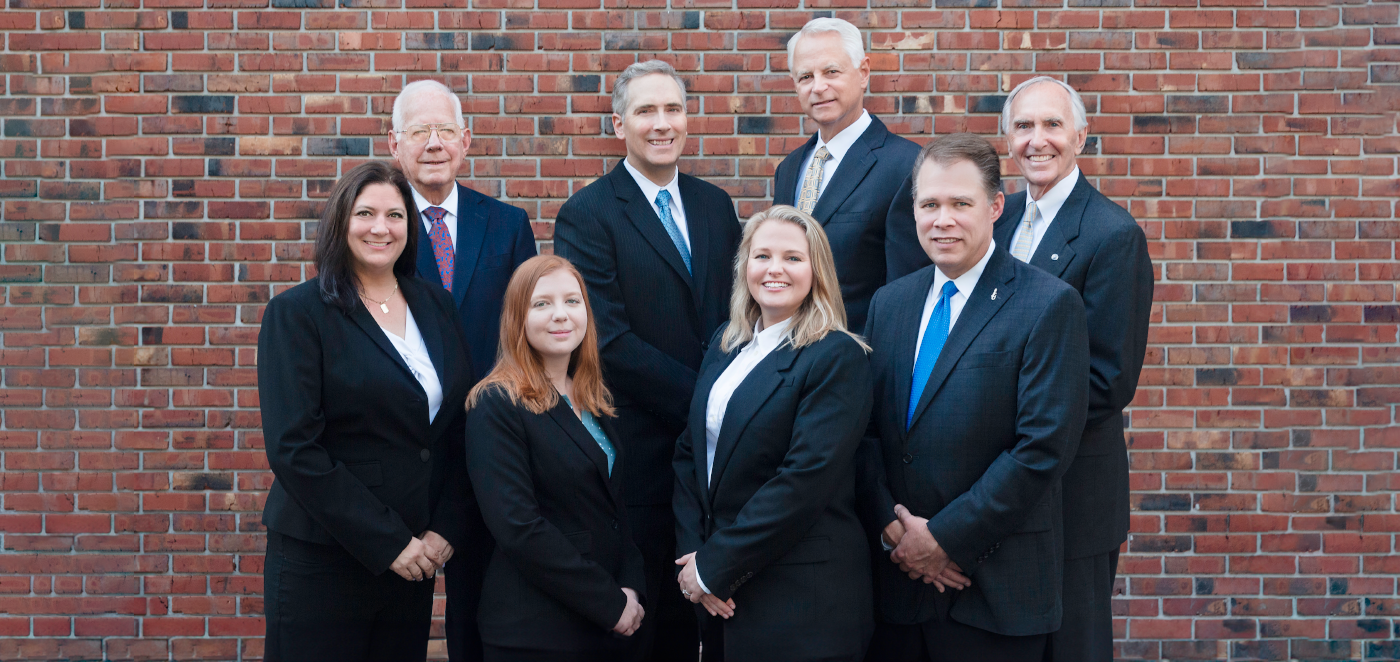Estate planning is a confusing topic to many people, and it’s often hard for them to understand the differences between wills, trusts, and the concept of estate planning itself. Here’s what you need to know.
What is estate planning?
Estate planning is the process of arranging what happens to your assets, including money, property, and other possessions after you die. It includes deciding who will inherit your property, and how they will receive it.
Are wills and trusts the same thing?
No. A will is one of the components of estate planning. A will names who you would like to inherit your property and possessions, should something happen to you before they do. It can also include a provision that allows someone else – such as an executor or trustee – to manage some or all of what’s left after death until it’s distributed according to your wishes.
A trust, on the other hand, is a legal agreement between three people: the settlor, the trustee, and the beneficiary. The settlor puts money or property into a trust, which is then managed by the trustee for the benefit of the beneficiary. Some of the most common types of trusts include revocable trusts, irrevocable life insurance trusts, and charitable remainder trusts.
Trusts are often used in estate planning because they help simplify the process of managing an estate after someone dies. They can also be useful for individuals who have a large number of assets to protect from creditors or previous spouses.
If you’re looking for a way to ensure that your assets get distributed according to your wishes after you die, estate planning is the answer. A will and a trust are two of the most important components, but they’re not the only ones, so it’s important to familiarize yourself with the other components of estate planning to make the process more effective.

